Why I learned more from reading fiction books than nonfiction

When I was 12, and it was cool to read the Harry Potter books, I unknowingly learned about the dangers of government propaganda and censorship, held an empathetic stance against classism and bigotry, and even had the sense of the moral grey area of civil disobedience. Had my parents watched a video on HustleTube and replaced my storybooks with a copy of Manufacturing Consent: The Political Economy of the Mass Media, it would be fair to assume I would've never expressed the desire to read anything ever again.
As I got older, though, the trending narratives of the grind and the hustle did get to me. It made many of us feel obligated to make our hobbies "productive" or yield "max utility". Along came the rising popularity of self-help and other informative non-fiction books. While there is nothing wrong with reading nonfiction books if that's what you enjoy, the hustle-bustle, crisis and urgency-inflicting nature of the grindset cast the reading of fiction in a less useful light, almost a less responsible way to spend your time.
I made the switch, deliberately made myself miserable reading nonfiction books, and switched back to fiction. Now that I've experienced both sides, I can confidently claim that the fiction books and novels I've read added exponentially more to my life. And yes, I've learned more.
It's quite intuitive really, if you think about it. We retain, understand, and identify with information presented in an engaging manner, such as a continuous storyline. There's a reason that the teacher who tells us stories is often our favourite. Quality fiction is engineered to incite an emotional response, and human beings are engineered to remember how they felt more than what they heard. I had felt the suffocation of living in the not-too-distant reality of living in the surveillance state from reading Orwell's 1984 (first published 1949). Such books extend their emotional influence beyond their own pages. When I come across news pieces and academic literature on fascist control and surveillance, I am alert and intrigued, due to my comprehensive understanding of what it could mean for us. A book filled with academic jargon and a third-person info dump would perhaps provide vague political theory, which I would promptly forget.
At a much younger age, at school, I struggled to remember the political unfolding leading up to the Liberation War. Years of struggle came to an end as soon as Graamer Naam Kakondubi (Tamralipi, 2015) by Muhammed Zafar Iqbal was introduced to our Bangla curriculum. It told the story of a young boy's world coming apart as the war unfolded, charismatic older cousins we came to love losing their lives, and the young boy's accounts of being a part of the muktibahini. To this day, I am very grateful for the knowledge, insight, and emotional investment I gained into our own history from that book.
It is deeply saddening that this discouragement to read fiction is coming at a time when we as a population are suffering from a crisis in empathy. It's a difficult intellectual exercise to fathom the plight of someone very different from us, who has lived through experiences we have never witnessed. Empathy for such persons requires recognition that they are human, someone we identify with, and suffer just like us. What better way to develop this perspective than experience their plight through the psyche of our favourite characters in fiction? As a South Asian woman living in Bangladesh, the horrors of police brutality against African Americans in the US may come as a far-off, vague topic for me. Yet, after I read The Hate U Give (Walker Books, 2017) by Angie Thomas and experienced the repercussions through the eyes of a girl my age, I became so much more conscious of the crisis, and willing to educate myself and others.
Last but most importantly, to stick to an activity it has to be fun. To me, and I'm sure to the vast majority, fiction is more fun. If I tell myself that I must read nonfiction when I want to read, reading as a whole is associated with negative feelings such as obligation and exhaustion. I'm more likely to avoid it altogether and lose out on both ends. Few people have the willpower to regularly pull themselves through yet another activity that they do not want to perform. Reading fiction is my escape from the humdrum of urban life, handing me the rare opportunity to slow down, effortlessly energising and enriching me with a wide-ranging understanding of the world I'm living in.
Amrin Tasnim Rafa is a former intern at SHOUT and currently an intern at Star Books and Literature.
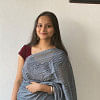
 For all latest news, follow The Daily Star's Google News channel.
For all latest news, follow The Daily Star's Google News channel. 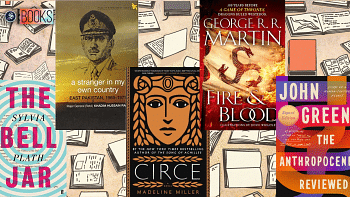

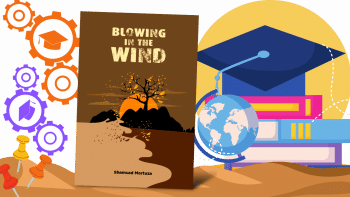



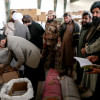
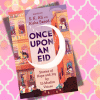
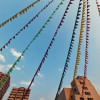



Comments